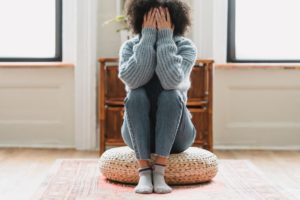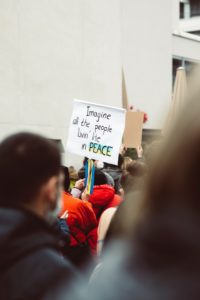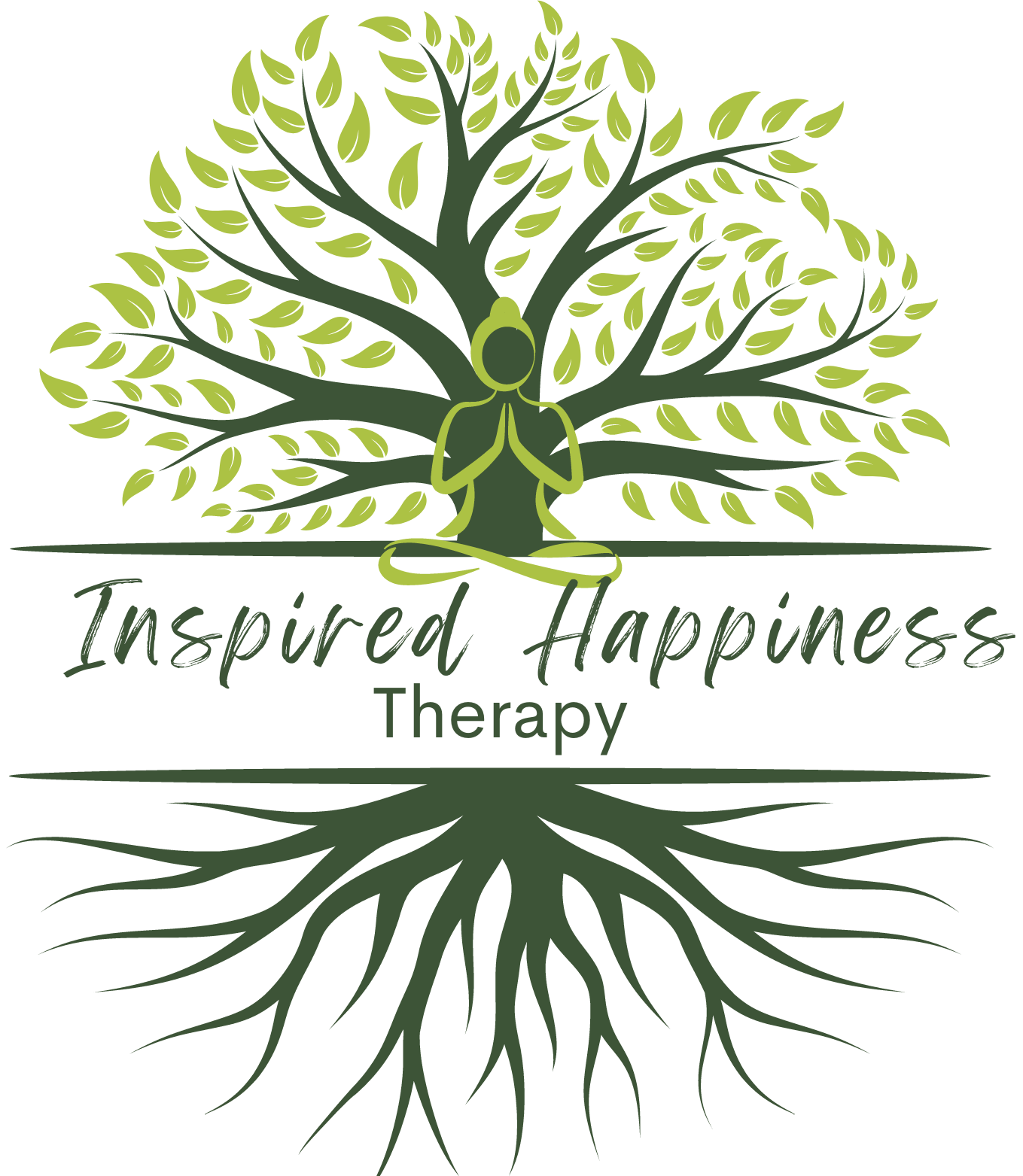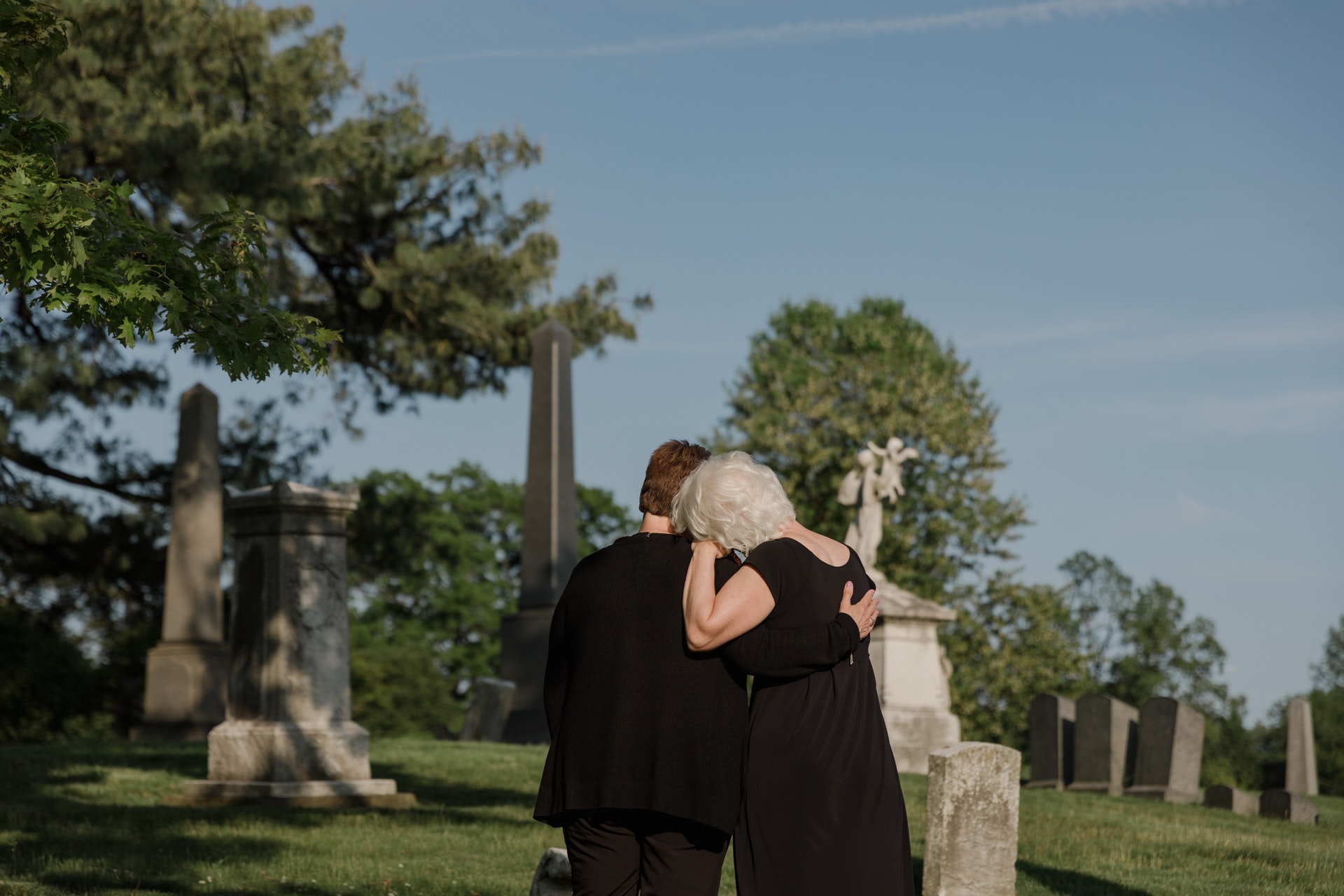Please note that this blog post contains discussion of systemic violence, death, and other topics that might be difficult to read about. If you would prefer to skip this one, you can find other blog posts to read here.
How to Cope When You Feel (and are) Helpless

I stopped watching the evening news about fifteen years ago. I was never one to watch it every night but I noticed when I did watch it, it was violent and disturbing. I found that the local morning news and Good Morning America were the right balance for me until recently. In February 2022, I made the decision to stop watching the news completely. I still engage with the news online and through podcasts but spending a half hour in the morning listening to stories about violence was impacting me in a way that I could not ignore. It’s a fine line, wanting to be informed about what is going on in the world, in the country, and in our communities but also limiting our consumption of news that is designed to make us anxious and afraid.
In the 1980s, the phrase “if it bleeds, it leads” was used, meaning that violence and death would be the lead story as more new networks competed with one another for viewers. I’m sure it’s been a joke on many sketch comedy shows: “What item in your medicine cabinet will kill you? More at 11…” The news – like everything else – needs engagement and viewership and we are more likely to tune in if we are afraid. However being afraid on a daily basis, even multiple times a day, is unsurprisingly not good for our mental health.

“…Even among those who do not frequently experience gun violence or who have never been directly affected by a mass shooting, feelings of fear, anger or helplessness can arise. And studies have found that continually consuming news media after a tragedy can lead to acute stress.” – NY Times
The Toll of Violence
In the aftermath of a mass shooting, whether it is in a school or elsewhere, none of us feel safe. We empathize with the people impacted, imagining how we would feel if our loved one was killed, or how we would feel if a shooter entered our school, church, workplace, or grocery store.
We feel less connected to the people around us – any of them could be a violent mass murderer after all. We feel more anxious or more depressed or both. Worry about ourselves, our loved ones, the world, make sense after something so senseless
For most of us, we want to do something to help but we feel helpless. We feel helpless because we are helpless. As individuals, we are unable to stop gun violence. We do not have the ability to keep everyone safe, even if we have guns ourselves we cannot keep everyone in the world safe. Violence is random and unpredictable and while some violence is inevitable mass violence should not be common.
We are right to be sad, anxious, depressed, and we are also right to wonder how we can help but feel powerless.
What You Can Do To Cope
Get involved
While it is true that no one can single-handedly stop mass violence, focusing on what we can control can help ease feelings of helplessness. Volunteering in your own community for a cause that you care about is one way to begin making a difference. It does not have to be a cause directly related to mass violence, just something you care about.
If you prefer to contribute directly to organizations working to end gun violence Popsugar has a list of organizations and how to donate in a recent article.
Get Together
Since 2020, many of us have gotten into the habit of not seeing friends and family face to face. Text and phone calls are great but if possible, invite someone over or go someplace together. Even if you do not feel comfortable going to a coffee shop or restaurant there are many outdoor activities you can do with a friend.
Turn off the news
(and close social media)
After something like a mass shooting or other tragedy, the news and social media are both full of people’s opinions, unnecessary details, lies and mistruths, and it seems no one can talk about anything else. If you find yourself feeling more upset than you are able to handle, taking a break from the news and social media for a few days can be very helpful. If you get your news from apps, turn off notifications for a day or two.
Go outside
Spend some time in nature. Whether it’s taking a walk in a park; meeting up with a friend for a hike; renting a kayak; dusting off the bike you keep meaning to use again, spend some time breathing in fresh air. It doesn’t have to be anything more involved than eating your lunch outside if that’s all you can manage. Maybe leave your phone inside as an added relief!
Spend more time in spiritual practice (Or in another activity you enjoy)
Tragedy often leaves us looking for meaning. If you have a spiritual or religious practice, spend a little extra time doing it. If you have gotten away from one, take some time to add a little to your daily routine.
If you are not a spiritual or religious person, that’s fine too! Do something else you enjoy like reading a book, listening to music, playing with your pet, or whatever else brings you peace and comfort.
Zone out if you need to
– in moderation
While it’s never healthy to spend countless hours binging Hulu or playing video games, there are times when we need to “check out.” It’s ok to watch a few episodes of your favorite show back to back or play video games for an hour or two if you feel you need to “turn off your brain.”
Express your emotions
If you need to cry, cry. If you feel angry, talk to a friend, journal, or scream into a pillow. Don’t suppress the emotions that you are feeling. We all feel things and emotions are healthy, even sadness and anger. It is natural and normal to feel sad, angry, hopeless, and helpless after a violent event.
See a therapist if you need to
If it seems that your feelings of helplessness or hopelessness go on longer than you or those around you feel is appropriate, find a therapist to talk to. Grief, even grief over the country/world, is a heavy burden to carry alone.
 Further Reading
Further Reading
New York Times: What Gun Violence Does to Our Mental Health
PopSugar: 6 Organizations That Are Working to End Gun Violence

Stacey Aldridge, LCSW
Stacey is a therapist in private practice and the owner of Inspired Happiness Therapy and Wellness in Ridgeland, MS. If you are in the state of Mississippi and are interested in seeing Stacey for therapy, please visit the Appointments page.


